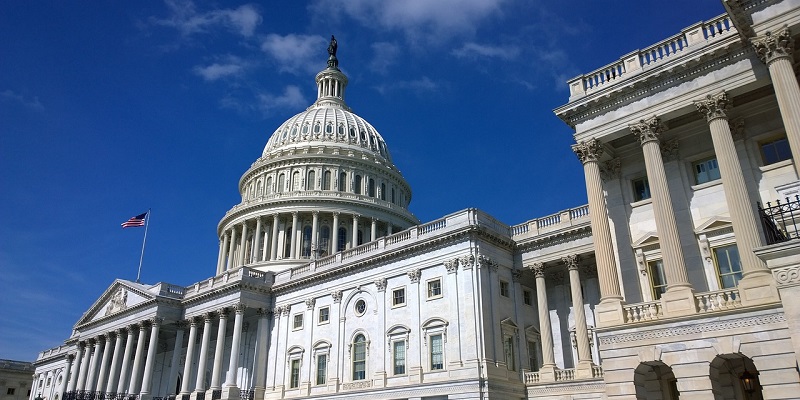In a significant move towards promoting the responsible development of artificial intelligence (AI), the Biden-Harris Administration has successfully obtained a second round of voluntary safety commitments from eight leading AI companies. These companies have pledged to play a pivotal role in ensuring the advancement of safe, secure, and trustworthy AI technologies. The commitments center around three fundamental principles: safety, security, and trust.
Promoting safe, secure, and trustworthy AI
The eight prominent AI companies have committed to actively contribute to the growth of AI in a responsible manner. Recognizing the importance of these technologies in shaping the future, these companies understand the need to prioritize safety, security, and trust. By pledging their support, they aim to instill confidence in the development and deployment of AI systems.
Commitments for Safety, Security, and Trust
To uphold the principles of safety, security, and trust, the companies have vowed to undertake rigorous internal and external security testing processes before releasing their AI systems to the public. This commitment ensures that these technologies are thoroughly evaluated to minimize any potential risks or vulnerabilities.
The companies also recognize the necessity of knowledge sharing and collaboration with various stakeholders. By actively sharing information on AI risk management, they will engage with governments, civil society, academia, and other industry players to foster a collective approach to responsible AI development.
In an effort to safeguard their proprietary and unreleased model weights from cyber threats, the companies have committed to investing in cybersecurity and insider threat safeguards. By prioritizing the protection of sensitive AI-related information, they strive to maintain the integrity and security of their technologies.
In a bid to encourage accountability and transparency, the companies have pledged to facilitate third-party discovery and reporting of vulnerabilities in their AI systems. This commitment ensures that potential weaknesses can be addressed promptly, and robust solutions can be implemented to ensure the responsible use of AI technologies.
Recognizing the potential for AI-generated content to be misleading or manipulated, the companies have committed to developing robust technical mechanisms, such as watermarking systems. These mechanisms will help indicate when content is AI-generated, promoting transparency and helping users distinguish between human-created and AI-generated content.
Transparency in AI systems
To ensure transparency and accountability, the companies have pledged to publicly report on the capabilities, limitations, and appropriate and inappropriate use of their AI systems. This commitment aims to provide users and stakeholders with a comprehensive understanding of the technologies, enabling informed decision-making and preventing potential misuse.
Supporting Global Initiatives
These commitments made by the prominent AI companies align with and complement global initiatives focused on responsible AI development. By actively participating in these efforts, they contribute to international cooperation and the acknowledgment of the importance of ethics and accountability in AI development.
The success of the Biden-Harris Administration in securing a second round of voluntary safety commitments from eight prominent AI companies marks a significant milestone in ensuring the responsible development and use of AI technologies. Through their commitments to safety, security, and trust, these companies are working towards building public confidence and promoting the adoption of AI technologies in a responsible manner. The transparency, knowledge-sharing, and emphasis on cybersecurity showcased in these commitments serve as a strong foundation for the future of responsible AI development, advancing the world towards a safer and more trusted AI-driven future.

